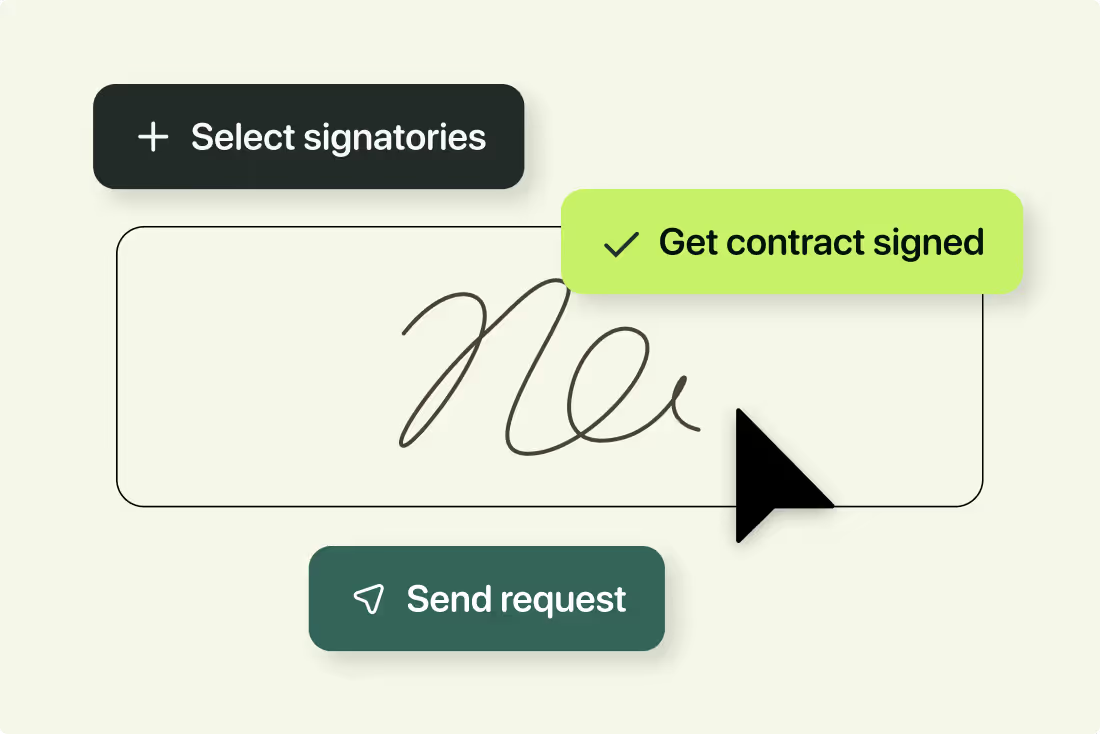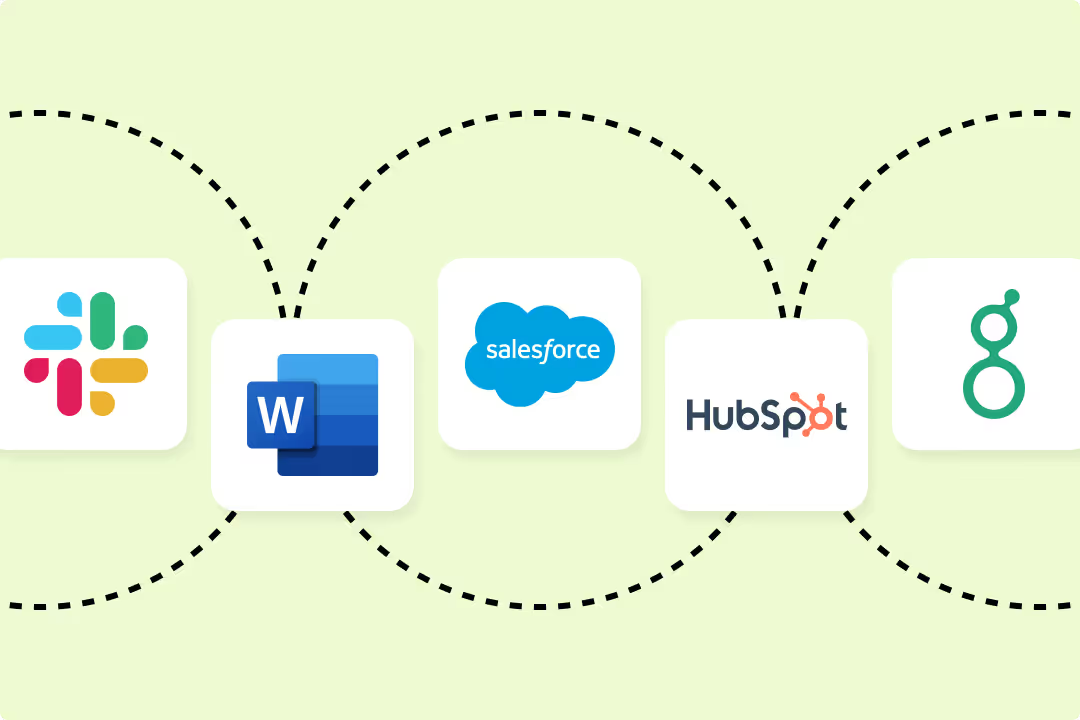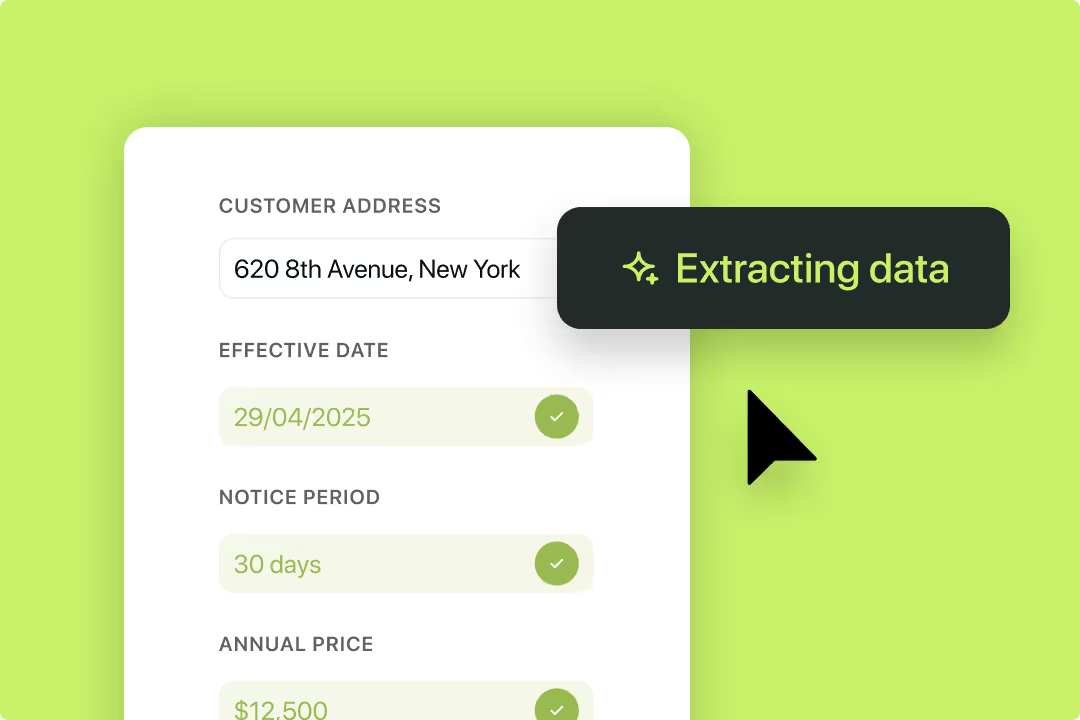Solutions
Customer Support
Resources
Post-signature contract management simply doesn’t exist in most businesses. Signed contracts are just stashed away in filing cabinets or shared drives and never looked at again.
But signing a contract isn’t the end of the contract’s lifecycle. For many businesses, what happens next is even more important.
Post-signature contract management is another term to describe what happens to a contract after it’s been signed by all parties.
In some businesses, the post-signature contract management process is a short one. Signed contracts are saved as PDFs and uploaded to local or shared drives.
Other businesses read through contracts, extract the data within them, and compile this in a contract management spreadsheet. That sheet is then updated manually every time a contract is signed and acts as a system of record for contract managers.
This is a solid start to post-award contract management - it’s better than nothing. But it’s still a far cry from more sophisticated post-signature processes that enable legal and business teams to store, track, audit, and renew their existing contracts with ease.

The first stage of post-signature contract management is storage. This involves deciding where you want to keep copies of your contract and uploading them.
Contract owners have a few options at this stage. Firstly, they can save and store them as static files in a shared drive like Dropbox, or worse, on local drives.
While most shared drives offer a secure place to store legal documents, they weren’t designed for contract storage. Storing contracts in this way means manually uploading contract versions to the drive after every update or edit, which can be a repetitive task during contract negotiations.
It’s also difficult to search through files at scale in shared drives as the contracts are usually stored as static files. This makes it hard to extract important contract data without a lot of admin work.
The other option is to use a contract management solution with a contract repository. Using a contract tool like Juro enables you to:

Once signed and stored, contracts need to be executed. Executing a contract means fulfilling the obligations described within it, and within the timeframe agreed. Failing to do this can result in a breach of contract, as well as a breakdown in the parties’ relationship.
The best way to make sure you’re executing your business contracts is to keep contractual obligations front of mind for the stakeholders involved. Contract reminder software is a useful tool for keeping parties in the loop about their responsibilities.
But it’s also a good idea to integrate your contract tools with your other business systems, like CRMs, ATS or invoicing solutions. That way, all of the data in your contracts is pushed into these systems automatically. This makes it easier for commercial teams to track the progress of a contract and its outcome without leaving the tools they use everyday.
Curious about how this works? Check out these guides:

Juro’s all-in-one contract automation software integrates with 5000+ tools. To find out more about what these tools are and how the integrations work, book a demo with our team of specialists.

The next phase of the post-signature contract management is reporting. Contract reporting is the process of collecting and analyzing the data within contracts to generate important insights. The insights you choose to report on will depend on the type of contracts you manage and your business objectives.
Like storing contracts, there are a few different ways to approach contract reporting.
For most businesses, the process involves reading through individual contracts and manually extracting any important contract data. This data is usually inputted into a contract management spreadsheet of some sort and reviewed occasionally.
Other businesses leverage contract management software like Juro to capture and report on important contract points. Since Juro captures data automatically using smartfields in contracts, businesses that use the tool no longer have to manually extract and record this data.
Instead, contracts are built as structured data from the second they’re created. This enables legal and business teams to:

Contracts don’t last forever. But they can be renewed to continue a transaction or relationship.
The problem is, managing contract renewals manually can be hard work. When contract data isn’t captured effectively, it’s common for businesses to miss upcoming renewal deadlines. This is especially true for fast-growing businesses with increasing contract volumes and a lean legal team.
Fortunately, there’s a better way to manage contract renewals. Solutions like Juro capture renewal deadlines and set automated contract reminders to notify you about upcoming deadlines ahead of time. That way, you have time to choose whether to cancel automated renewals or not.
Various people can be responsible for post-signature contract management. In fact, post-signature contract management is often a joint effort. This is because every department has different responsibilities and interests when it comes to commercial contracts.
For example, legal teams are keen to ensure contract compliance. Finance teams are eager to track revenue, renewals, and expenditure. Customer success teams want to know about onboarding promises. Sales and account management teams want to know what discount were given which could be removed at renewal.
Post-signature contract management can involve various stakeholders, so creating a single source of truth for contracts and their data is important.
Post-signature contract management can be a manual and time-consuming process for businesses without the right tools.
Lean legal teams don’t have time to extract, review and analyze data from every contract and most businesses have no visibility into their contracts. The contract admin required is demanding and it takes them away from higher-value work.
But, with the right tools, effective post-signature contract management can become effortless. Let’s talk about what these tools are now.
Software that can automate post-signature contract management tasks can help legal and business teams get more from their contracts without becoming buried in admin work.
Juro is the all-in-one contract automation platform that enables all teams to streamline the creation, execution, and management of routine contracts at scale - before and after they’ve been signed.
{{quote1}}
Juro offers a wide range of features that help fast-growing businesses manage their contracts post-signature, such as:
To find out more about how Juro can help your business manage contracts post-signature, fill in the form below.
Lorem ipsum dolor sit amet, consectetur adipiscing elit. Suspendisse varius enim in eros elementum tristique. Duis cursus, mi quis viverra ornare, eros dolor interdum nulla, ut commodo diam libero vitae erat. Aenean faucibus nibh et justo cursus id rutrum lorem imperdiet. Nunc ut sem vitae risus tristique posuere.

